
Top stories





ESG & SustainabilityEngen partners with Palesa Pads to provide reusable pads to hundreds of South African school girls
1 hour

More news




Logistics & Transport
Uganda plans new rail link to Tanzania for mineral export boost



















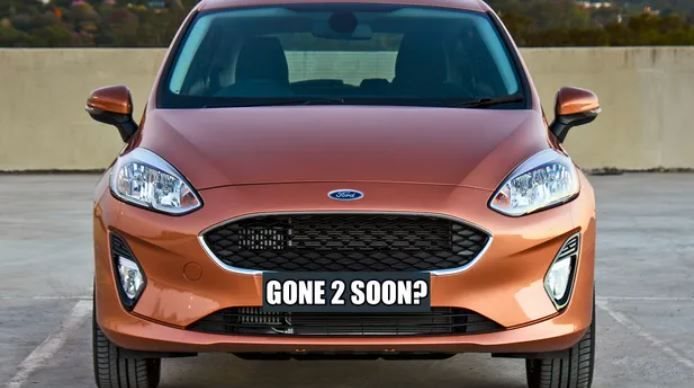
Head over to Ford South Africa’s website and click on the “cars” tab. Right now, there are just two vehicles listed in this near-barren corner of the site: the Figo and the Mustang. With production of the former having already ceased in India and stock in South Africa fast running dry, the famed Pony car will soon be all by its lonesome.
To a large degree, the Dearborn-based automaker’s jarring exodus from South Africa’s passenger-car market was by design. In 2018, the bigwigs at Ford’s North American headquarters announced global plans to shift the company’s focus firmly to SUVs and bakkies, effectively reallocating $7bn in spend from traditional cars. It was a decision driven by profitability, with the company choosing to focus on the types of vehicles that make it money.
Citing dwindling demand for hatchbacks and sedans – and plunging profits in these segments – Ford has in the subsequent years broadly abandoned such body styles, instead of betting big on the aforementioned growing sectors of the market (as well as, more recently, electrified vehicles). But while new products have slotted neatly into the resulting gaps in countries such as the United States, that’s simply not been the case here in South Africa.
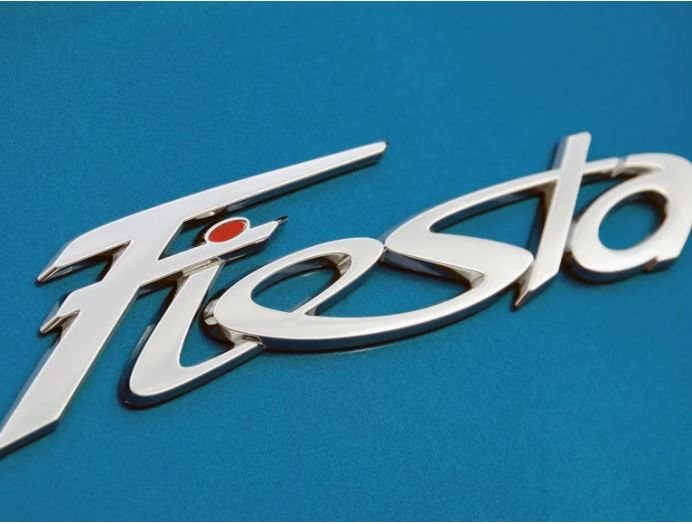
Once the staple that tightly held together Ford Motor Company of Southern Africa’s passenger-car line-up, the Fiesta is officially no longer available locally. The Cologne-built supermini’s quiet exit from the range is at odds with the significant role it played for the Michigan firm’s local operations, considering the sixth-generation model routinely cracked 1,000 sales a month and established itself as the closest rival to the popular Volkswagen Polo (in pure volume terms, at the very least).
For various reasons, the seventh-gen Fiesta wasn’t quite as well-received as its predecessor and Ford ultimately opted not to bring in the facelifted model, effectively spelling the end of the road for one of its best-known nameplates. The ST-badged hot hatch, meanwhile, departed the local stage once all 160 examples of the cracking special-edition ST200 had found homes back in 2017.
What about the Focus? Well, the 18-strong line-up – comprising both hatch (including the Focus ST and RS performance models) and sedan derivatives – was axed in 2019, with the fourth-generation model failing to make it to local shores. Around two years prior, the Fusion was likewise killed off, joining a multitude of ill-fated D-segment sedans on the list of non-German saloons given the boot from our market.

Let’s rewind to 2017, shortly before Ford began its shift away from traditionally shaped cars. In March of that year, the Blue Oval brand’s passenger-vehicle stable in South Africa comprised as many as 10 model ranges and accounted for a significant 3 080 units (almost matching the 3 350 units Ford registered in the light-commercial space that month and resulting in a total impressive enough to place it third overall behind Toyota and the Volkswagen Group).
The Fiesta led the charge with 1,041 units and was ably supported by the EcoSport (759 units). Interestingly, the Everest (577 units) was next, ahead of the Focus (329 units) and Figo (250 units). The Mustang managed 77 registrations, finishing in front of the Kuga (36 units), Tourneo Connect (six units), Fusion (four units) and B-Max (with a single sale). It’s blatantly clear from the figures which nameplates were bringing in the sales and which weren’t.
By March 2022, meanwhile, the Michigan-based company’s local passenger-vehicle roster has halved to five model ranges, two of which (the Fiesta and Figo) Ford has already stopped importing. As has been the case for a number of months, the automaker’s performance in the passenger space was propped up by the ageing EcoSport, which contributed 866 units of the automaker’s total of 1,166 units in this sector – or just shy of 75%. Thing is, the EcoSport is fast approaching the end of its life (something we’ll touch on later).
The Everest (256) was Ford’s second best-selling model in the passenger-vehicle segment in March 2022, with the Mustang (24), discontinued Figo (18) and scrapped Fiesta (two) making up the numbers. Plenty has changed in five years, then…
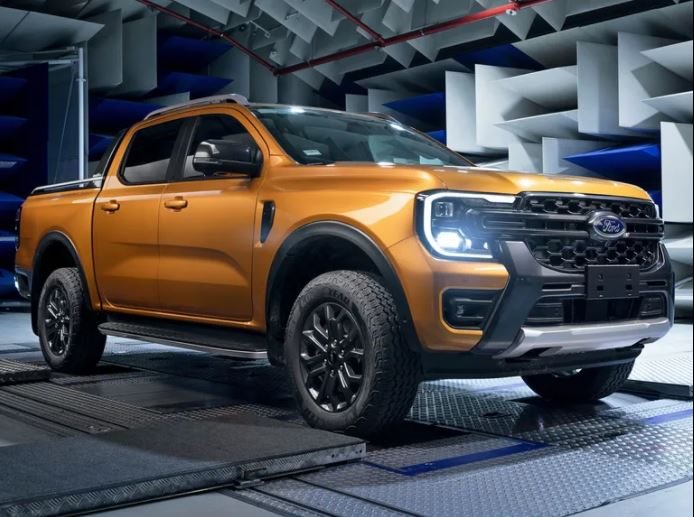
So, what’s next for Ford in South Africa? Well, if you were in any doubt about the automaker’s planned direction, the significant investments in the Silverton assembly plant and Struandale engine factory drive home the point that the future is very much all about the new Ranger.
We should also make clear that exports form a substantial part of Ford’s local business (the aforementioned investments are export-driven, after all), with the Silverton plant positioned as a crucial cog in the company’s global production network, shipping Rangers to more than 100 other markets. The upcoming second-generation Volkswagen Amarok will likewise be exported from this factory, though surely in far smaller numbers.
With hatchbacks and sedans seemingly a thing of the past for Ford and the bakkie space covered by the Ranger, where is the firm’s local division in terms of SUVs and crossovers? Well, the range currently comprises only the Everest and the EcoSport. However, Ford’s Indian subsidiary has already stopped building entry-level versions of the latter, while production of the higher-spec EcoSport derivatives in Romania is slated to end sometime this year, with local stock likely to be depleted at some point in 2023.
Remove the EcoSport from the picture and things look rather dire for Ford’s passenger-vehicle volumes. The automaker’s planned joint venture with Mahindra was conceived to bring about new vehicles – including an EcoSport replacement – for emerging markets, but that deal ultimately fell through.
The discontinued Kuga, meanwhile, likewise left a gaping hole in the line-up, meaning Ford still has no rival for the likes of the Toyota RAV4, Hyundai Tucson and Volkswagen Tiguan (though considering what happened there, it’s surprising the automaker persisted with the nameplate as long as it did).
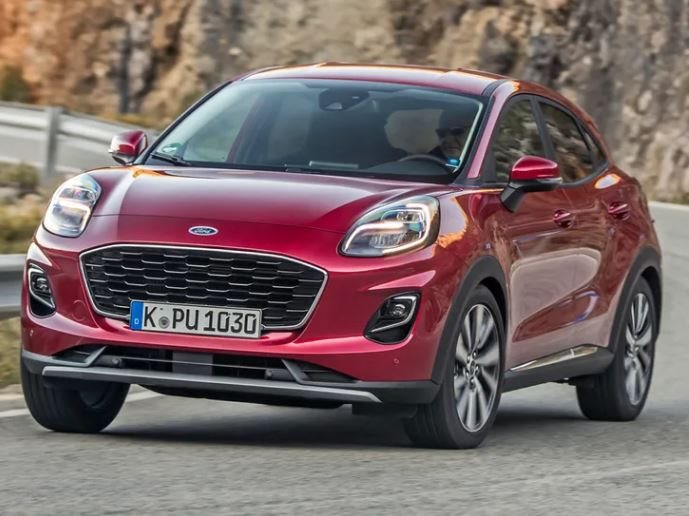
In North America, there are a number of interesting SUVs on the table, in addition to the immensely popular F-150 pick-up range. Indeed, Ford is struggling to keep up with demand for its new Bronco and Bronco Sport (and continues selling the Explorer, Edge and Expedition), but none of these is currently built in right-hand drive. Unfortunately, neither is the sub-Ranger Maverick bakkie (the things Ford would do for a Bantam replacement!). Then there’s the fully electric Mustang Mach-E, though that would be eyewateringly expensive here in SA. Europe, meanwhile, has the Puma, which is at least available with the steering wheel on the correct side.
So, other than perhaps the Puma, there simply aren’t any viable options for Ford in terms of local range expansion and certainly nothing that could serve the needs of South Africa’s budget-conscious buyers. Does that mean Ford Motor Company of Southern Africa’s line-up will soon be pruned back to just the Mustang, Everest and Ranger, with the Tourneo Custom and Transit ranges playing back-up in the commercial space?
For now, that certainly seems likely. But, again, it’s important to keep in mind Ranger production and export are likely Ford SA’s main priorities, since that’s where there’s money to be made. After all, bakkies and SUVs are generally profitable body styles for the company, while hatchbacks and sedans are not. From this standpoint, the company’s decision to axe established (loved, even) badges – as ruthless as it may seem to fans of the Blue Oval – makes complete and utter business sense.
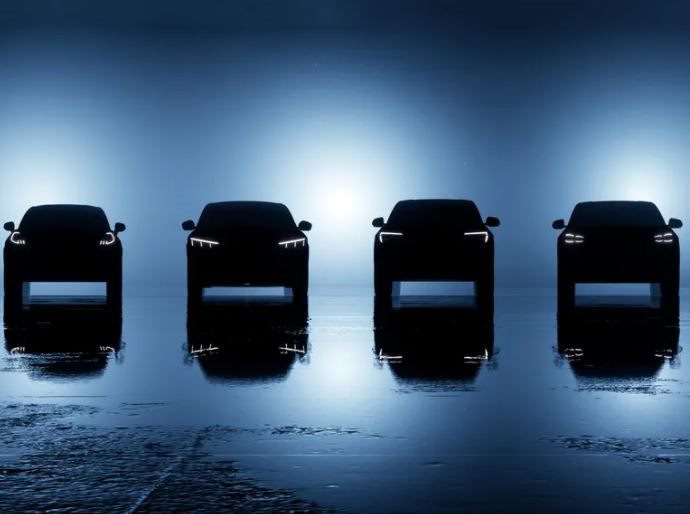
Still, a mite more variety in Ford’s local range would go a long way and we certainly feel there’s still a market for a shrewdly specified Fiesta. But a distinct lack of specifically budget-friendly options (thanks to the unceremonious shuttering of its factories in India) and right-hand-drive vehicles in general means there’s frankly little the Blue Oval brand’s local division can do in the short term.
The global market’s shift towards electrification, however, is something that could change this picture further down the line, particularly once electric vehicles start to approach price parity with conventionally engined cars in South Africa and more budget-friendly battery-powered models come online. You see, under Ford’s strategic alliance with VW, the American firm looks poised to roll out a series of new electric passenger cars (mostly crossovers), each based on its German partner’s MEB platform.
Though such a future in South Africa seems a relatively long way off, from where we’re standing, it’s the only way Ford is going to get back into the passenger-vehicle game here in South Africa in any meaningful way. Until then, it’s all about the Ranger.
This article was originally published on Cars.co.za.

Cars.co.za is a leading online automotive retail portal that lists more than 70 000 vehicles stocked by hundreds of dealers countrywide, as well as the top-ranked branded SA YouTube channel. In 2015, Cars.co.za repositioned itself as a consumer champion by optimising its editorial content for the purposes of engaging and empowering its users. The Cars.co.za Ownership Satisfaction Survey, in association with Lightstone Consumer, and the Cars.co.za Consumer Awards – powered by WesBank, underlines the company’s objective to be the most comprehensive resource to South African vehicle buyers.
Go to: http://www.cars.co.za